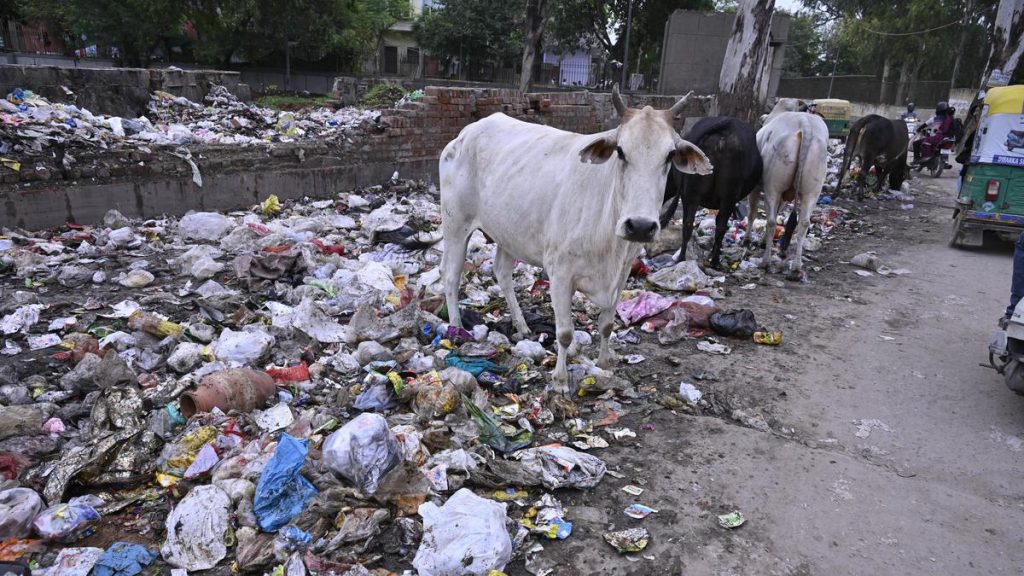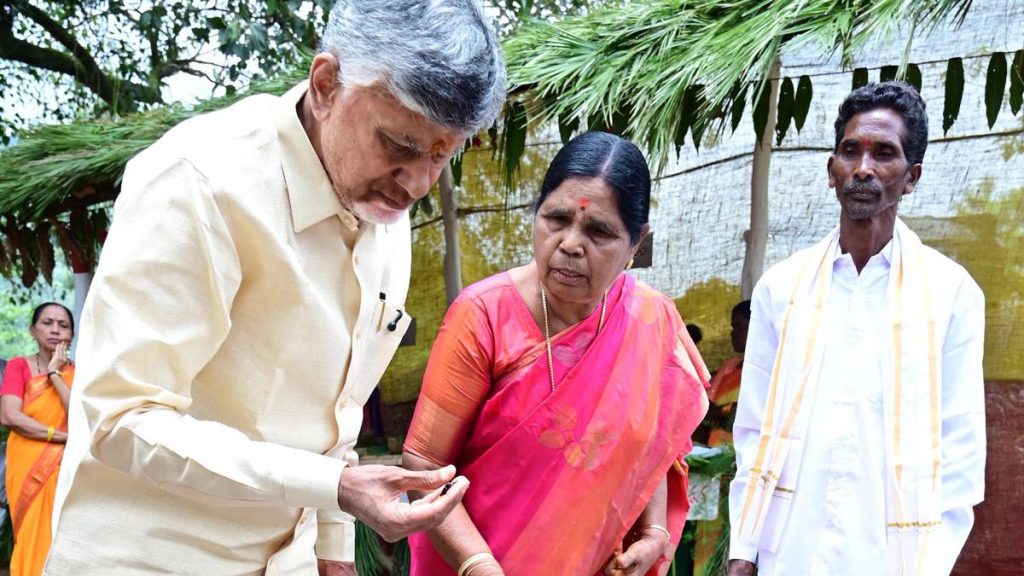Now Reading: ASHA Workers Announce Statewide Protest on August 12
-
01
ASHA Workers Announce Statewide Protest on August 12
ASHA Workers Announce Statewide Protest on August 12
swift Summary
- The karnataka State United ASHA Workers Federation (KSUAWF),affiliated with the All India United Trade Union Center (AIUTUC),has announced a three-day work strike and day-and-night protests from August 12.
- Around 42,000 ASHA workers across Karnataka will participate in the protest outside Deputy Commissioners’ offices in various districts.
- KSUAWF President K. Somashekar Yadgiri criticized the government for not fulfilling its promise of revising their monthly honorarium to ₹10,000, despite an proclamation made by Chief Minister Siddaramaiah in january 2025.
- Protesters demand a fixed honorarium of ₹10,000 per month, matching incentives, and a corpus fund for ASHA welfare programs.
- Concerns were raised about changes to staffing policies such as increasing population coverage per ASHA from 1,000 to 2,000 people and removing additional workers. These moves are seen as detrimental to healthcare delivery in rural areas.
- ASHAs are described as essential for health awareness programs and primary care services especially in rural regions.
Indian Opinion Analysis
The upcoming protests by Karnataka’s over 42,000 strong cadre of Accredited Social Health Activists (ASHAs) highlight pressing issues about fair compensation and healthcare access at grassroots levels. While these healthcare activists have been acknowledged as critical for implementing state and central health initiatives, the delayed fulfillment of promised wages risks eroding trust between public-sector employees and governance structures.
The criticism regarding increased population coverage and removal of additional workers underscores challenges inherent in resourcing community-based health services. Scaling back staffing roles could strain existing personnel while reducing efficiency where access gaps already exist-especially within rural India that depends heavily on proximity-led solutions like those provided by ASHAs.
Strikes like these serve as focal points emphasizing labor rights connected directly to impactful policy execution affecting millions reliant on affordable public-health schemes. Resolving core concerns raised during such demonstrations presents an possibility both economically sustainability-wise figuring solutions bridging broader disparities persistent demand overdue discussions practical investments quality futureproof outcomes underpinning collective growing benchmarks measuring satisfaction pioneering territories untouched developmental contexts























